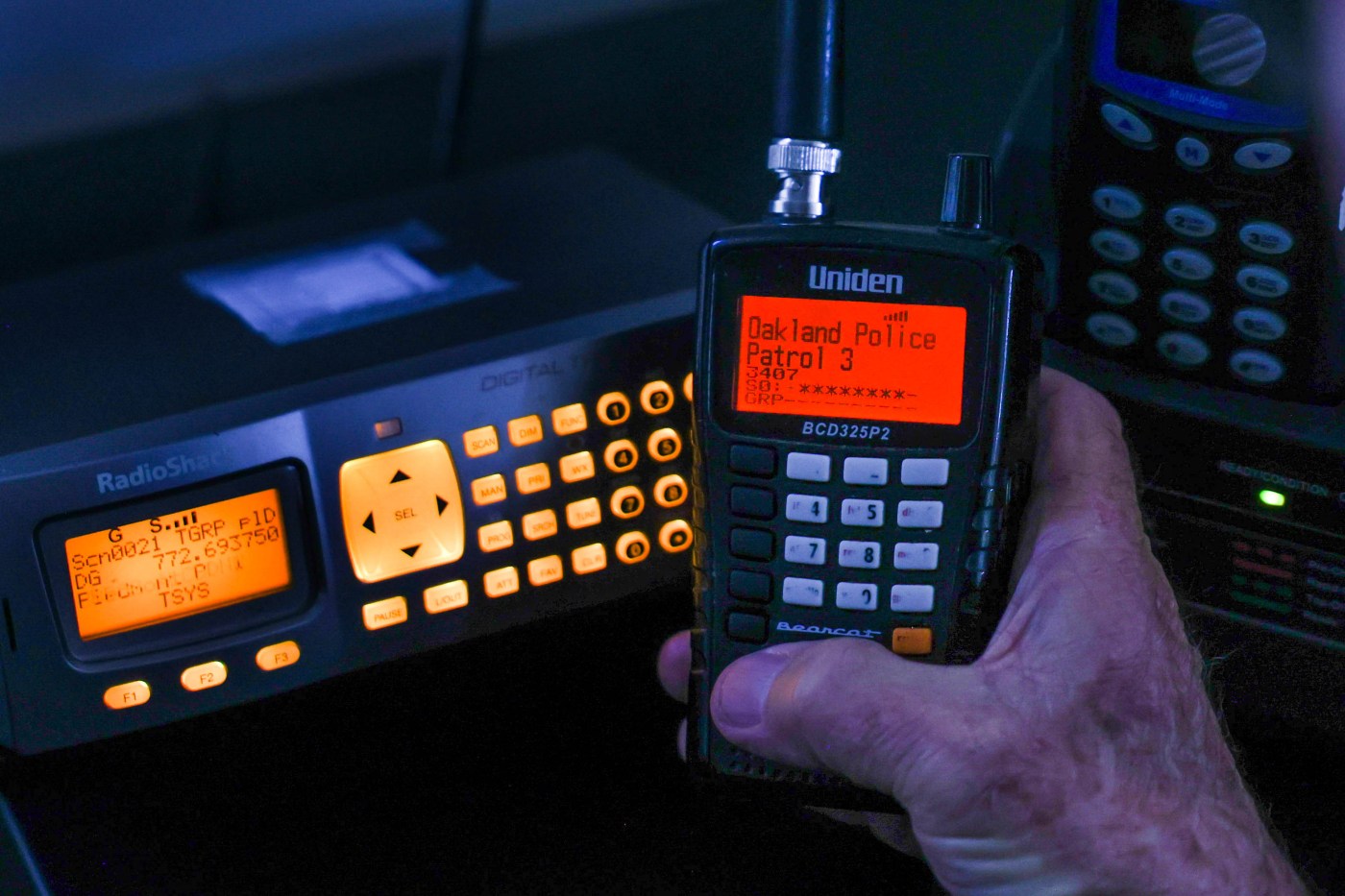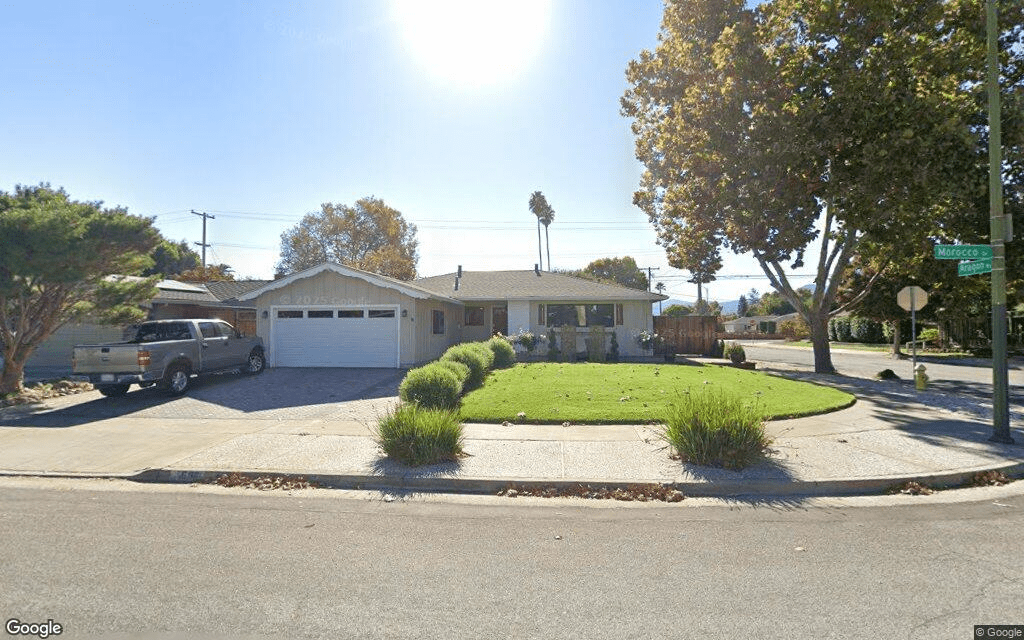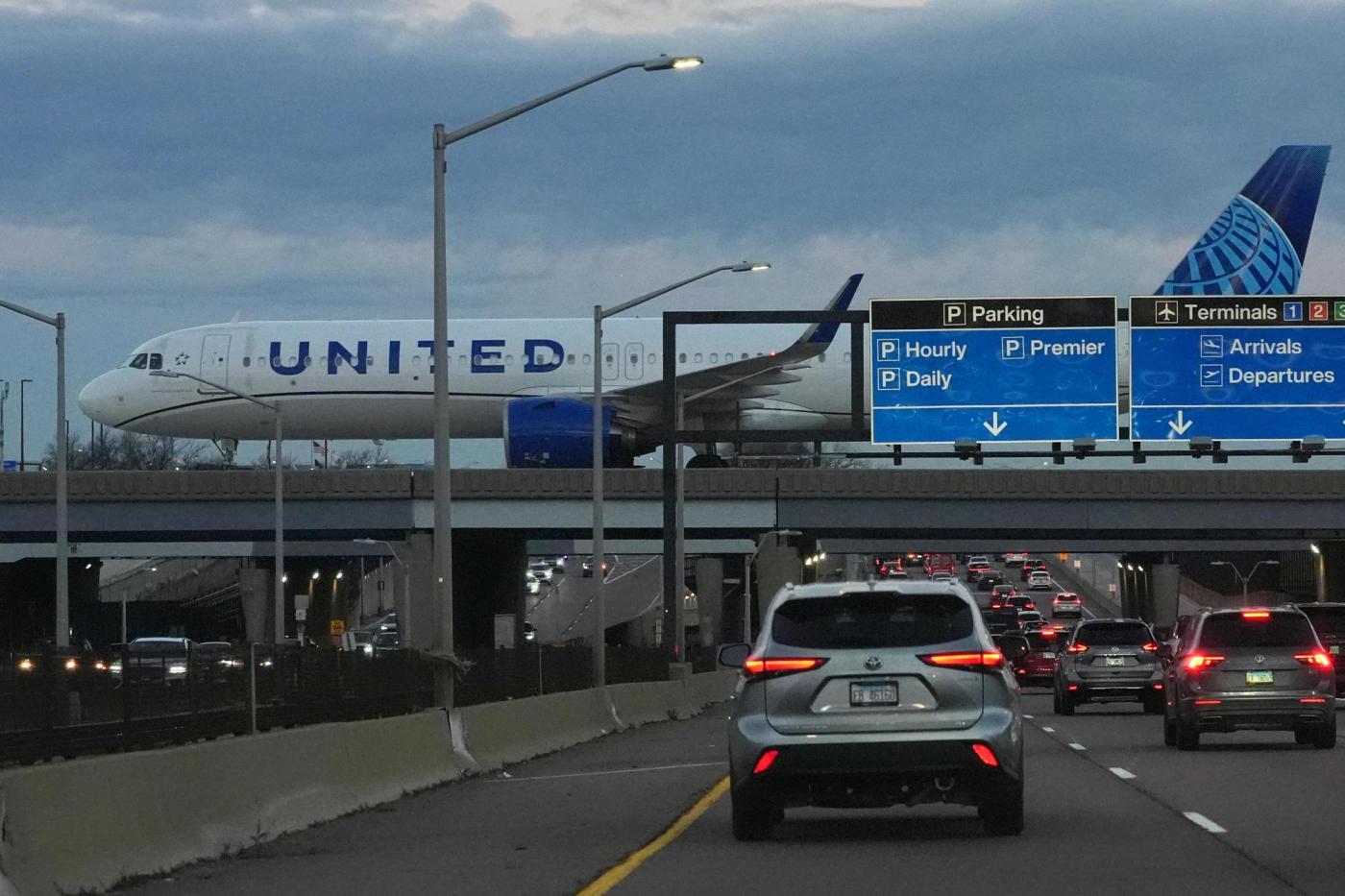BERKELEY — Police scanners in Berkeley will officially be encrypted starting Thursday morning, officials said Wednesday.
Scanner encryption, the process of shifting officers and dispatch communication to a private channel, will align the city’s police department with other law enforcement offices in the East Bay that began encrypting their feeds in October.
Berkeley’s decision to fully encrypt has been influenced by multiple factors.
A 2020 memo by former Attorney General Xavier Becerra called on agencies to protect peoples’ sensitive identifiable information like their names, addresses, birthdates and social security numbers from scanner traffic that was available to the public.
That directive allowed agencies to keep feeds open while securely sharing sensitive information through other channels. The Berkeley Police Department has argued its dispatch staffing levels are too low to manage multiple feeds and the public feed has put officers in danger or enabled suspects to attempt to flee arrest.
“The Berkeley Police Department appreciates the community’s understanding and continued partnership as we enhance our systems to better serve Berkeley. These changes ensure the protection of sensitive information while maintaining the highest possible level of transparency and accessibility,” the department said in a statement.
As a compromise, the department has developed a real-time call log that will display information from the Computer-Aided Dispatch system including the date and time of the call, incident number, call type, source of call, priority level and general location of the incident. That log will be updated with a 10-minute delay and a 10-minute refresh.
Some incident information can also still be heard through the fire department’s radio feed which will remain unencrypted. Police department updates will also be shared through Nixle, an emergency response communication tool, and on social media, the department said.
An October vote by the Berkeley City Council enabled the department to encrypt by reversing a 2021 policy that prohibited encryption in most cases. All but one councilmember agreed the department needed to silence their radios to the public to ensure Berkeley did not become a target for crime and to keep officers and potential victims safe.
Opponents of the move, including those with Berkeley Copwatch, a civilian police oversight organization operating in the city for more than three decades, said the city was giving away an important tool for holding officers accountable.




